Government neglecting riders: Tṥolo

SHARE THIS PAGE!
By Neo Kolane
Lesotho riders have bemoaned the lack of support from government, despite local races contributing to the country’s economy. They say this inevitably affects their performance in some of the world’s toughest off-road motorbike races, including the gruelling the Roof of Africa Rally held on local turf. In this no-holds-barred interview with thereporter’s Neo Kolane, Lesotho’s seasonal rider, Timello Tṥolo, says the government’s lack of confidence in the sport has worsened matters and there’s urgent need to rescue it.
Who is Timello Tṥolo?
I’m a 34-year-old Mosotho male born in the Mafeteng district and came to live in Ha ‘Masana with my parents.
I studied at Maseru Day High School before furthering my studies in South Africa.
What inspired you to become a rider and when did you start?
I started riding at the age of 10 when my father bought me a bicycle.
I went into mountain biking when I was in high school and from there, I knew off-road motorbike racing was for me.
My friend in South Africa introduced me to Nicholas ‘Nic’ Goslar whom I told I wanted to join Roof of Africa. Nic promised to treat me like his own son as he had raised other boys and helped train racing.
I was taken to Morula Sun in Pretoria for a test in 2017. Nic took me to school for a programme with rider and trainer, Neil Van De Ross, in South Africa. However, I’m still representing Lesotho. I’m part of the Lesotho Off-Road Association (LORA) although I train mostly in South Africa and I’m still licensed there.
I started my programme under Neil until I was tested at Morula Sun. I passed and qualified. I took part in my first race called EWXC Enduro and I finished a 30km lap.
In 2018 I competed in the Roof of Africa in the bronze category. I was riding a 200KTM and managed to finish the tough race.
Why are you referred to as a Lesotho seasonal rider?
Although I am sponsored by Ikakgeng team in South Africa, I represent the country under the Lesotho Off-Road Association. This is a licensing requirement.
What attracted you to the Roof of Africa?
I’ve always wanted to take part in the Roof of Africa since I was young. It fascinates me. I thought it was easy at first but this was not the case. However, I’m happy that it is now flowing and I’m getting better. I’m changing categories and going up the ladder. My biggest achievement was overcoming my fear of riding in the mountains as well as the speed.
How do you prepare for the Rally?
To prepare, I go to the gym and cycle a lot. I also eat healthy. Also, I ride to the mountains every weekend, which is not easy at all. Some weekends I go to South Africa because there is up to date training equipment. Riders need to prepare and train their minds, to be able to endure suffering and pain.
How many races have you taken part in so far?
I have competed in nine races namely; EWXC, GXCC, Lowveld Enduro, South African National Motocross, Roof of Africa, Senqu Enduro, IMPI Enduro in KZN, Roof Retro, and Imla Farming Enduro.
Are there any specific riding skills or techniques you are working on improving?
I’m working on speed and I go for motor cross for this. From there I’m climbing steps to prepare myself for tough assignments.
You competed in the Roof of Africa Rally last year even though you had injuries from a recent automobile accident, which were not fully healed. How was that experience?
The experience was hard. I could smell blood on my body and sometimes I wanted to give up but I just could not. Giving up would have given an impression that I was running away because I was scared, yet that was not the case at all. I just decided to push.
My mentor told me that I just needed to finish and it did not matter what position I took, which is the goal I tried to achieve. However, organisers pulled me out of the race on the last day but I was pushing despite the injuries I had. They injuries were so bad that I could not feel my hands. Sometimes my mind was playing with my body, telling me that I could not do it, but I knew I could. At other times, I would get dehydrated and drink from rivers along the way.
If one does something and the next moment they don’t do it, it feels like they’re nothing. So, pushing and moving on is an achievement. If I had not competed in the rally, I would have felt like a loser.
I competed in the bronze class and came 209th among 235 participants.
I sustained neck and spinal cord injuries when my vehicle lost control and overturned in September same year, a few months before the Roof.
Have you ever encountered any challenges/obstacles while riding, and how did you overcome them?
Sometimes I struggle to maintain a grip on holding bars. This is because we usually leave around 06:00 to climb mountains, rocks, boulders and cross rivers. As all this happens, my hands dump against the holding bars and I feel my grip loosening. I also sweat and suffer from dehydration because of the gruelling riding. We survive on bananas and snacks along the way.
When fatigue kicks in during races, I lay down and take a deep breath and then proceed.
Are local riders getting support from government?
No. Most of the riders in races that I’ve competed in were white. Maybe the government is of the opinion that black people are not meant to partake in such races. But it isn’t just the government alone; security guards often look down upon us when we check in and register for the Roof Africa rally at one of the local hotels in Maseru. They say we are not supposed to be there because we are black. We do not feel at home or welcome in our own country.
I also feel that LORA is also not helping to promote us.
We are spending so much time and money on racing, yet the government has not come out to support us in any way. Our leaders do not say anything to motivate us even during races. If we are not welcomed in our own country, then that’s a problem. Racing brings so much money into the country yet the sport continues to be neglected. It’s sad.

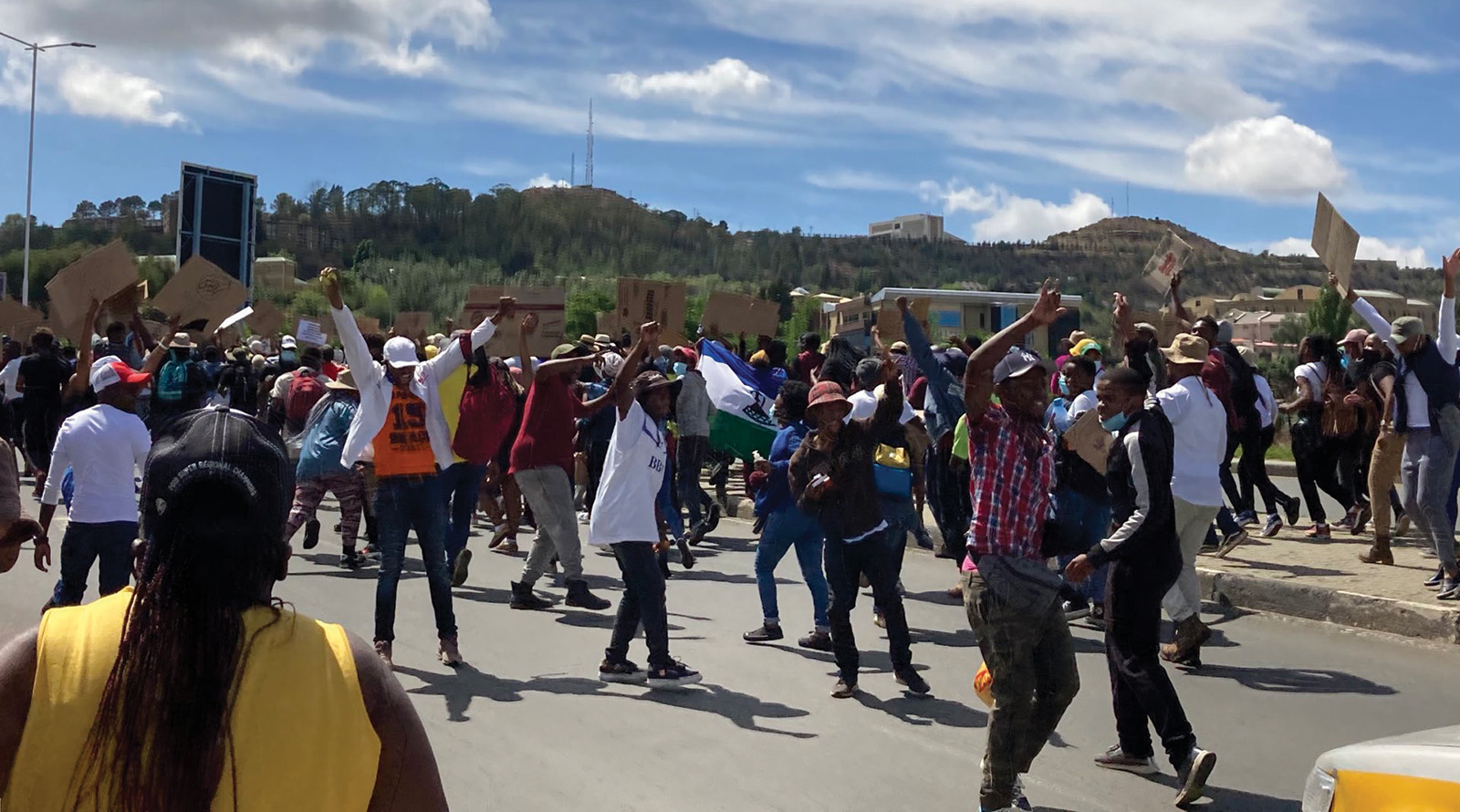
Youth accuse police of sabotaging protest
5 days ago
LCS officers demand standard salaries
5 days ago
Govt ordered to suspend vendors’ eviction
8 days ago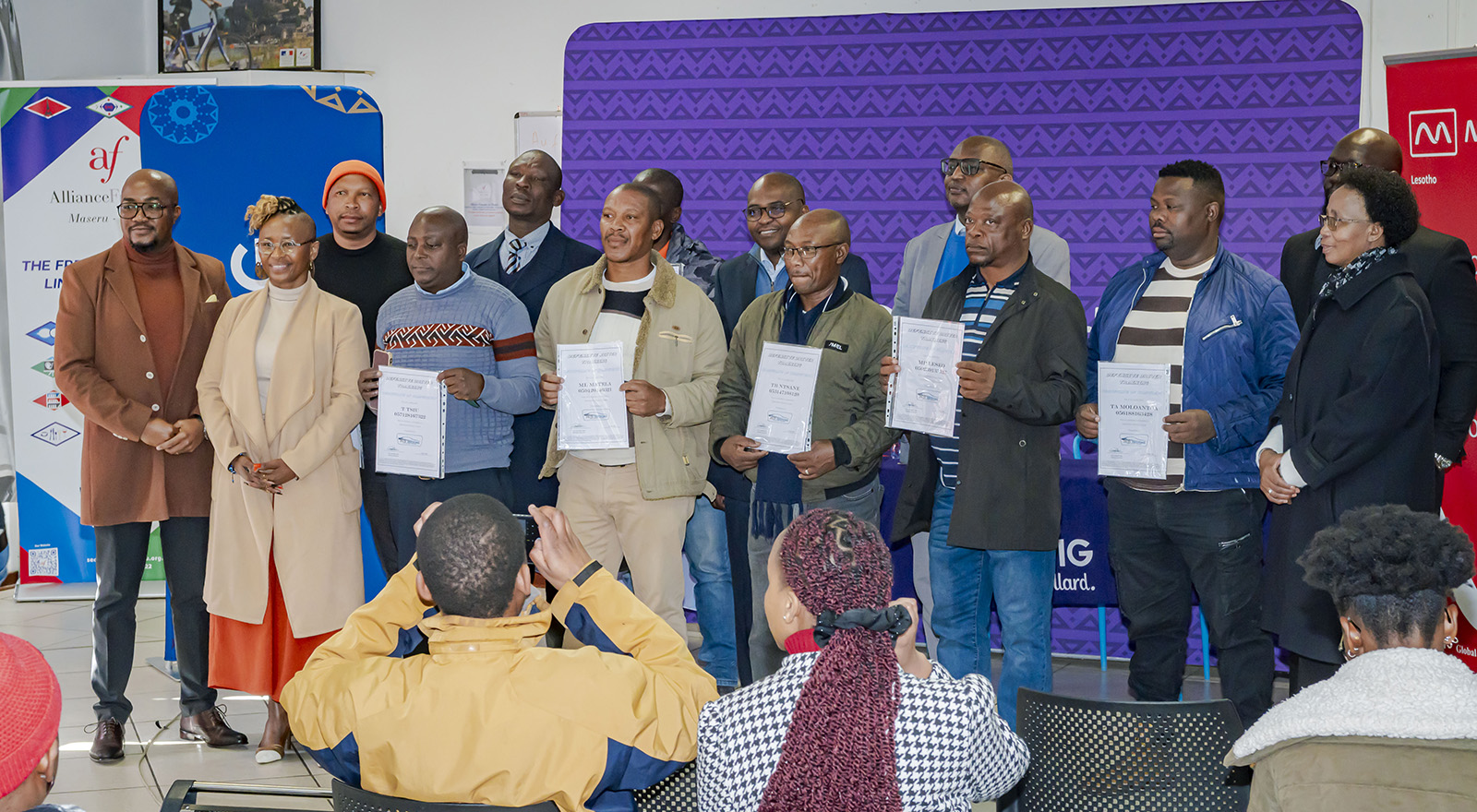
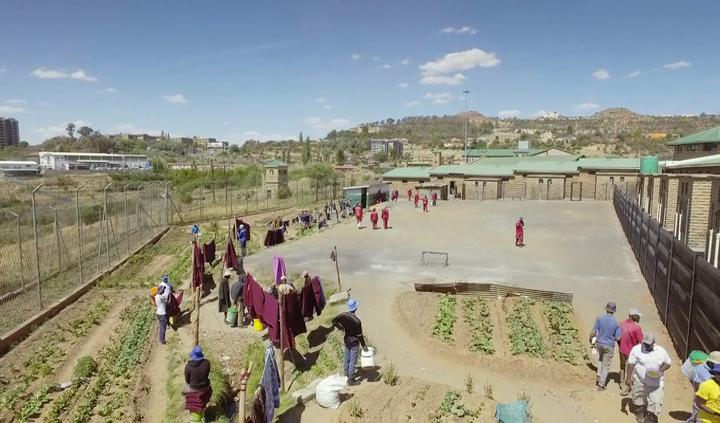
240 inmates released on parole
9 days ago
Matekane calls for stronger trade cooperation
11 days ago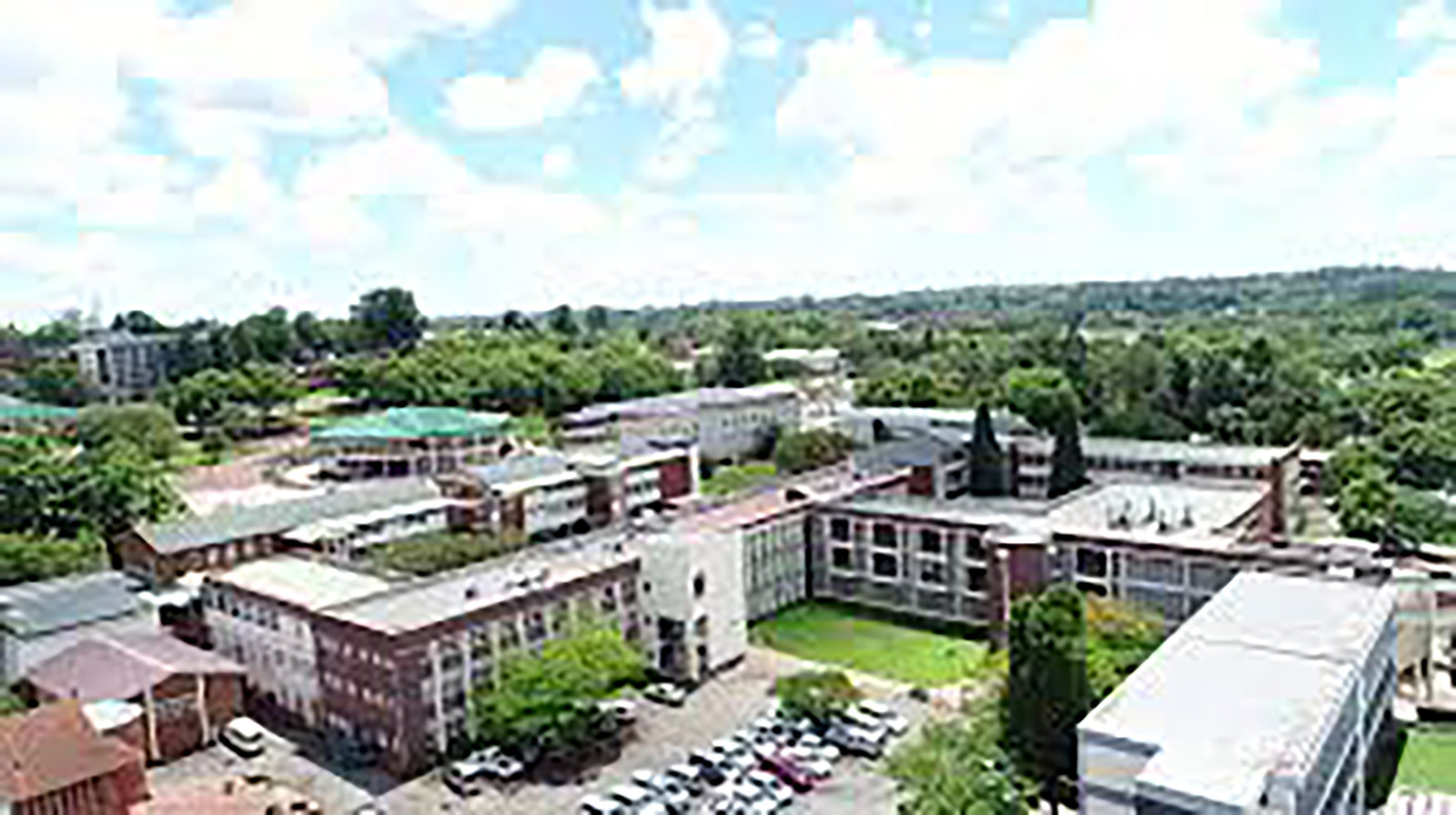

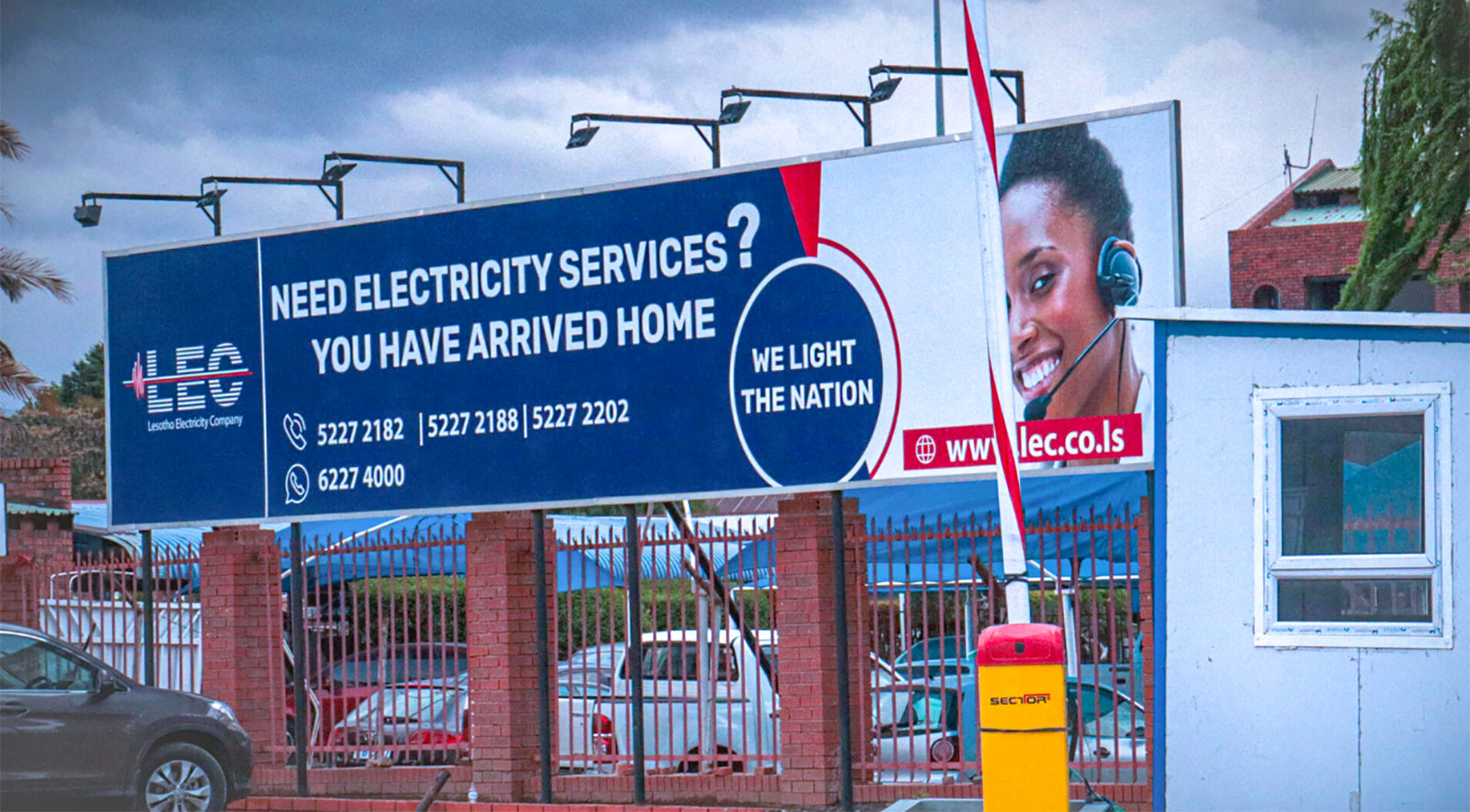
Cash-strapped LEC hikes staff salaries
15 days ago